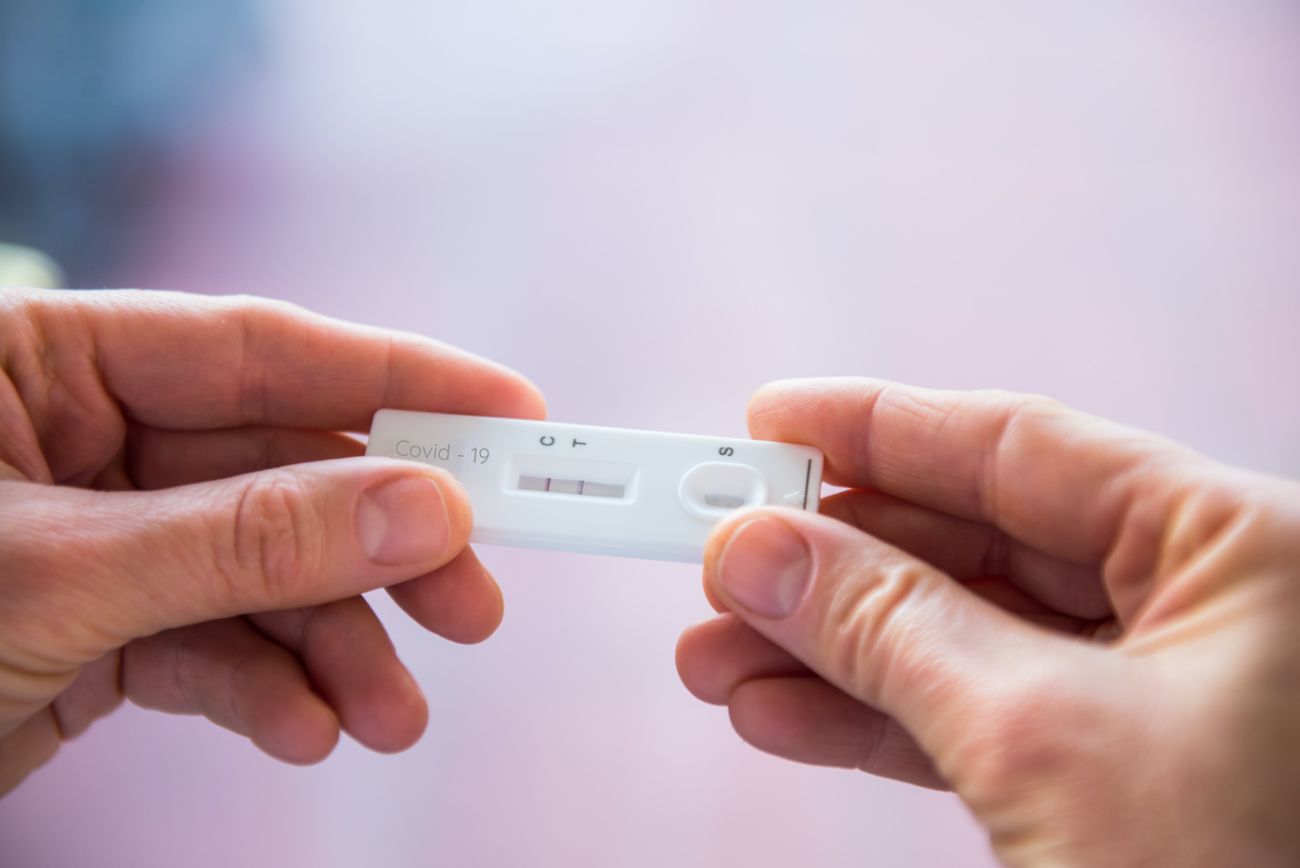Due to the rapid development of COVID-19 treatments, some of the information may be out of date. Please refer to the Centers for Disease Control and Prevention for the latest information.
Fortunately, the medical world now is in a much better place as it relates to COVID-19 prevention and treatment than when the World Health Organization announced the pandemic on March 11, 2020. While the virus still poses a world health problem, the earliest days of trial-and-error and fear have yielded to effective ways of prevention, mitigation and comprehensive treatment.
This means that people with cancer can now anticipate better outcomes if they test positive for COVID-19.
"We now have excellent therapeutics which, if started early, can really help you clear the virus fast and prevent you from getting seriously ill from COVID,” said Katherine M. Mullin, MD, former Director of Infection Control and Prevention at Roswell Park Comprehensive Cancer Center.
What COVID treatments are available?
There are now three widely available options for treating COVID-19. The treatment that’s best for you will depend on infection status, your symptoms, your risk for complications and your overall cancer therapy plan. “Your clinical team will decide what therapeutics are best based on your individual medical situation,” Dr. Mullin said.
- Antivirals
Paxlovid or molnupiravir medications may be given orally within five days of symptom onset, or by IV with remdesivir within seven days of showing symptoms. Antivirals reduce the viral load by keeping the virus from replicating, which can reduce the severity of symptoms and outcomes.
- Monoclonal Antibodies (IV)
IV treatment with sotrovimab or bebtelovimab may be given within seven days of the onset of symptoms if other preferred therapies are not available or clinically appropriate.
Monoclonal antibodies are designed in the laboratory to stand-in for the body’s natural antibodies. They help the immune system recognize and respond more effectively to the virus and make it more difficult for the virus to reproduce and lead to poor response or severe illness and complications.
“Because these medications can have significant interactions with other medications you may be taking, cancer-related or otherwise, it is important for your oncology team to know about your status early to ensure you get the optimal therapy for your individual clinical case," Dr. Mullin said.
COVID-19 information
Stay up to date on important COVID-19 information before your visit to Roswell Park.
Learn MoreWhat if I am diagnosed with COVID and have an appointment at Roswell Park?
Because cancer care should not stop, Roswell Park's everyday safety protocols and procedures assume every patient and survivor is at high immune system risk. New patient appointments, follow ups, procedures and testing are not automatically rescheduled due to COVID-19, so it may not be necessary to cancel an appointment.
Someone experiencing COVID-19 symptoms, or who has tested positive for COVID-19, should call their treating physician. Your care team will determine whether you should start a COVID treatment and whether an appointment, procedure or treatment should be rescheduled, depending on the severity of your symptoms and cancer care plan.
For more information about COVID-19, including how to get tested and/or vaccinated at Roswell Park, visit https://www.roswellpark.org/coronavirus.
